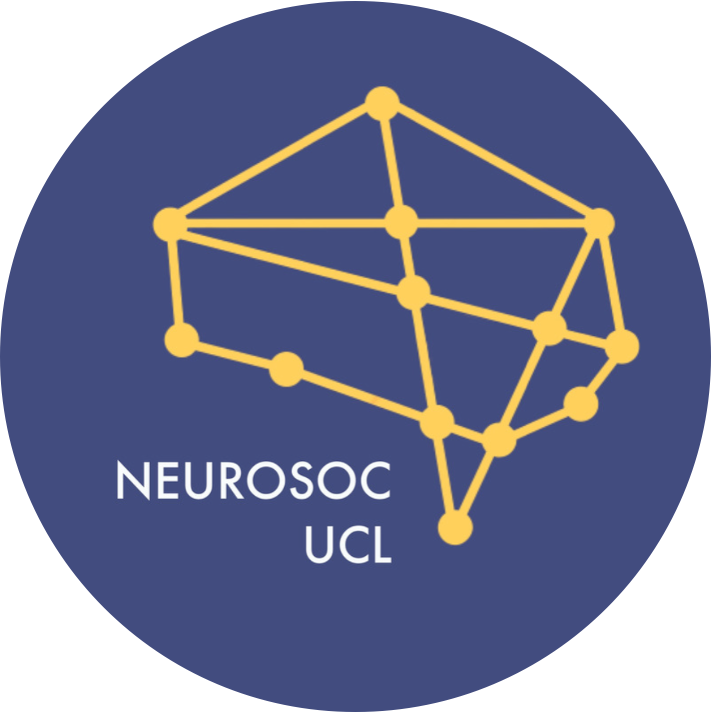In one of the most famous definitions of beauty, the Anglo-Irish philosopher and statesman wrote that, “Beauty is, for the greater part, a property of bodies that acts mechanically upon the mind through the intervention of the senses". Of the three pillars of that definition, two are related to the brain (mind and intervention of the senses).
I propose to explore Burke's definition from a neurobiological perspective and, through it, propose a single fundamental and brain-based characteristic to the experience of beauty, one which is independent of source (i.e. whether musical or visual), culture, education and ethnic background. Experiencing something as beautiful naturally involves making a judgment, and I will show that the neural pathways engaged during aesthetic judgments are distinct from those engaged in cognitive judgments.

